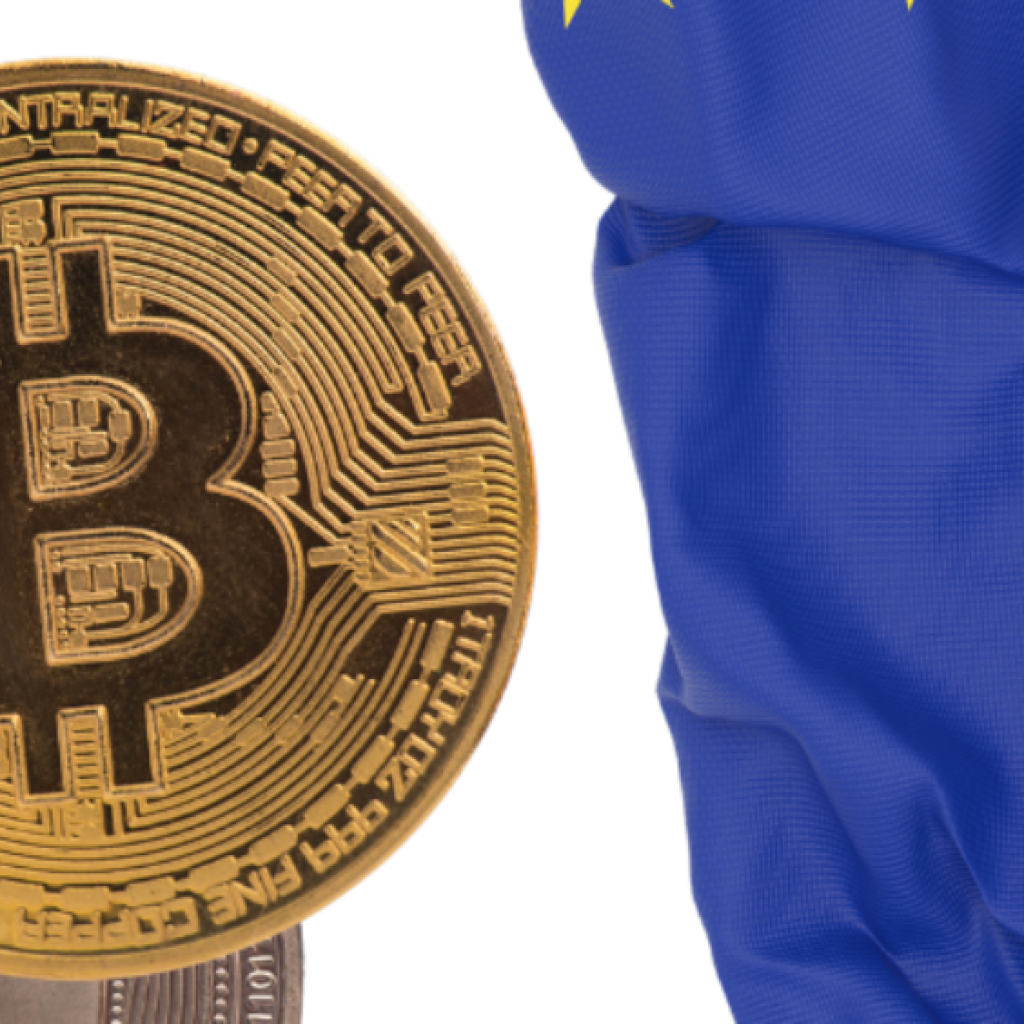In a bold move to contain the unchecked spread of over-the-counter (OTC) cryptocurrency trading, South Korea’s financial watchdogs are initiating drastic measures. Their main gripe? The rampant misuse of OTC crypto trades in potentially criminal endeavors.
Taming the Untamed OTC Market
South Korea’s financial regulatory heavyweights, including the likes of deputy chief prosecutor Ki No-Seong and Park Min-woo of the Financial Services Commission (FSC), recently convened to discuss the mounting legal concerns tethered to virtual assets.
Central to their discourse was the wild, unregulated frontier of the OTC crypto market. No-Seong didn’t mince words when addressing the urgency of reigning in this market, highlighting its vulnerability to money laundering schemes.
In simpler terms, the issue at hand is that these OTC crypto entities, many of which are fronted by foreign corporations, can easily swap their shadowy digital currencies for South Korean won or other global currencies.
They’re operating in the shadows, untouched by South Korea’s stringent crypto laws. Given the country’s traditionally robust stance on regulating crypto activities, this unchecked realm of trading is raising alarm bells.
The OTC crypto market, by its very nature, encapsulates any exchange of digital assets that sidesteps officially sanctioned platforms. This includes the myriad of peer-to-peer (P2P) exchanges that dot the digital landscape.
To paint a clearer picture, consider that South Korea’s most prominent regulated crypto platform, Upbit, houses a total of 172 cryptocurrencies. In stark contrast, these unofficial OTC platforms can dangle a tantalizing array of up to 700 cryptocurrencies before potential traders.
Sketchy Transactions Under the Lens
South Korea isn’t blindly firing shots in the dark. Concrete instances have emerged, detailing how OTC platforms have been leveraged to seamlessly convert vast troves of digital assets into tangible Korean won.
An expose by the International Crimes Investigation Department of the Incheon District Prosecutors’ Office unearthed an illicit operation involving three individuals over a year.
Their modus operandi was startlingly simple yet effective: buy a staggering $70.9 million worth of digital currency from overseas OTCs at the beck and call of Libyans, then funnel it into South Korea to metamorphose it into cold, hard cash.
When placed under the microscope, the magnitude of these unauthorized foreign exchange transactions using digital currency balloons to an eye-watering estimate of $4 billion for the previous year alone, as pinpointed by the Korea Customs Service.
South Korea’s legacy as a bastion of stringent crypto regulations isn’t a recent development. The nation has consistently rolled out rigorous rules to ward off crypto-induced criminal endeavors. This vigilant approach has only intensified in the aftermath of high-profile debacles like the Terra collapse.
Bottomline is South Korea’s aggressive push to fence in the OTC crypto market underscores a broader global trend: the urgency of establishing clear, enforceable boundaries in the ever-evolving world of digital assets.
As the lines between traditional finance and decentralized digital currency continue to blur, countries around the globe will be forced to choose: take a passive backseat or, like South Korea, step up and dictate the rules of the game.





